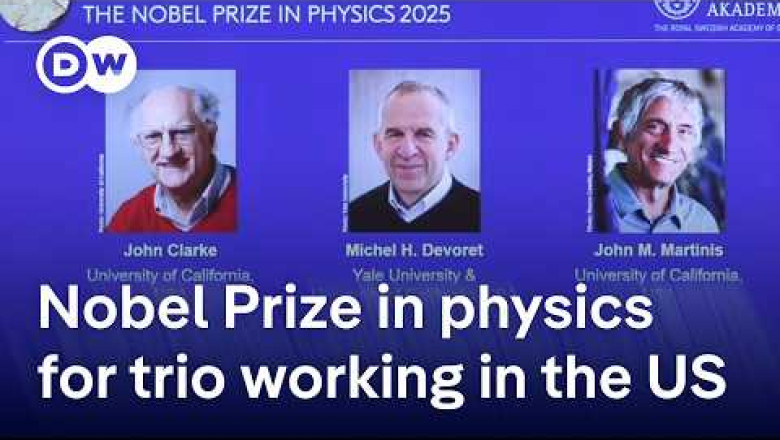
views
Nobel Prize in Physics awarded to US-based scientists for discoveries in quantum mechanics | DW News
In a landmark decision announced October 7, 2025, the Royal Swedish Academy of Sciences awarded the Nobel Prize in Physics to John Clarke, Michel H. Devoret, and John M. Martinis for their groundbreaking experiments that revealed quantum mechanical effects observable at macroscopic scales. (Reuters)
What Did They Discover?
-
Their work focused on superconducting circuits—electrical circuits that conduct without resistance at very low temperatures. (Reuters)
-
They demonstrated macroscopic quantum phenomena, including quantum tunneling (where particles traverse energy barriers in ways forbidden by classical physics) and energy quantization of circuits, showing that behaviors usually confined to subatomic particles can manifest in larger, visible systems. (The Guardian)
-
Though the original experiments were done decades ago (mostly in the 1980s), their implications and technological relevance have expanded over time. These discoveries laid theoretical and practical foundations for quantum computers, ultra-sensitive quantum sensors, and quantum cryptography. (Reuters)
Who Are the Laureates?
-
John Clarke: Professor at UC Berkeley. (Reuters)
-
Michel H. Devoret: Affiliated with both Yale University and University of California, Santa Barbara. (Reuters)
-
John M. Martinis: Based at University of California, Santa Barbara; former leader of Google’s Quantum AI Lab until 2020. (Reuters)
They will share the monetary award of 11 million Swedish kronor (≈ US$1.2 million) that comes with the Nobel Prize. (Reuters)
Why This Matters
-
Traditionally, quantum phenomena such as tunneling and energy quantization have been observed mostly at tiny (atomic or subatomic) scales. These experiments pushed those effects into circuits large enough to be engineered and observed, bridging a significant gap between theory and practical technology. (The Washington Post)
-
The work connects directly to technologies that are rapidly developing today — quantum computers (especially those using superconducting qubits), quantum sensors, and secure quantum communication. These are poised to reshape fields from computing to materials science to cryptography. (Reuters)
Broader Impact & Reflections
-
As one of the laureates, Clarke, remarked, he was “completely stunned” by the honor. These discoveries, while “fundamental,” are now deeply embedded in the underlying physics that make modern electronics and futuristic technologies possible. (Reuters)
-
The decision underscores how long-term, curiosity-driven research (even when its applications aren’t immediately obvious) can produce the foundations for tomorrow’s innovation.
This year’s Nobel Prize in Physics doesn’t just commemorate past discoveries — it shines a spotlight on how the quantum world is becoming more than abstract theory. It’s now a building block for tools, technologies, and capabilities that could redefine what’s possible.










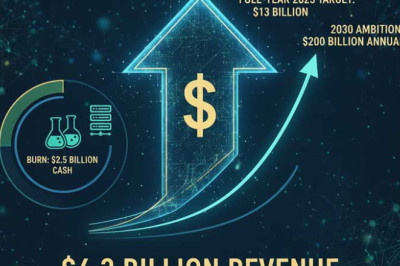
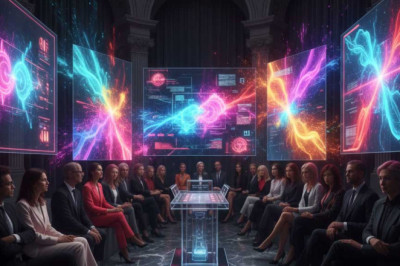


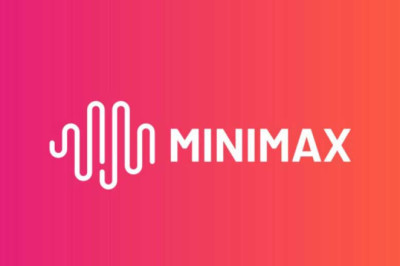
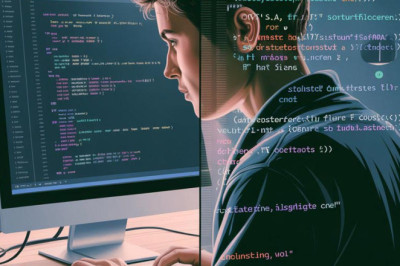


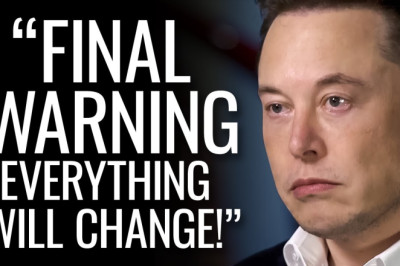

Comments
0 comment